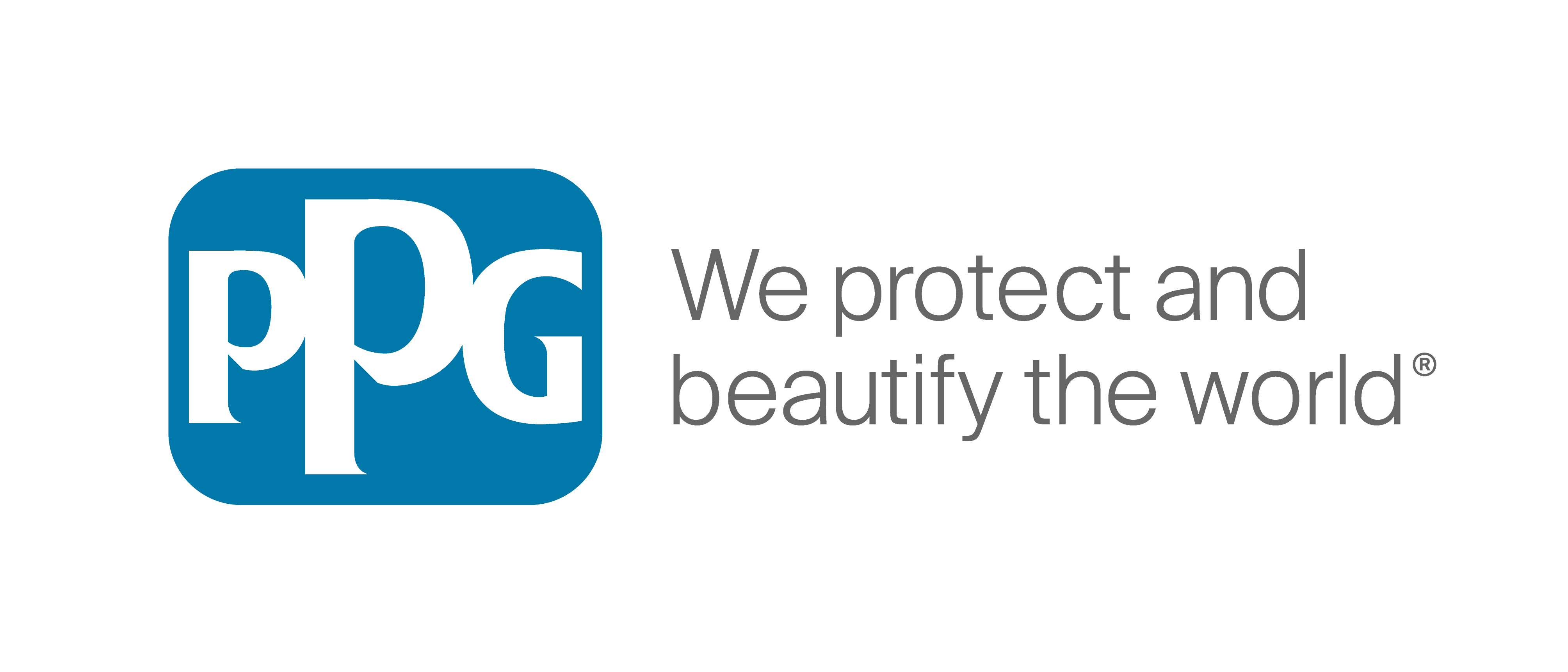Valorisation of paint waste from vessel and equipment cleaning
The Innovation Exchange (iX) programme is supporting PPG to find innovators who can provide a solution to valorise paint waste from vessel and equipment cleaning. The aim is to find a sustainable and circular solution for the solid waste including in other industries.
Opportunity
Challenge opens
20/08/2025
Challenge closes
17/09/2025
Benefit
PPG is looking to use open innovation to find solutions for the valorisation of solid paint waste produced after the cleaning of vessels and equipment. Successful applicants will be given the opportunity to pitch their solution to PPG. The winning applicant, as selected by the company, will then be eligible to apply for £25,000 grant funding to kickstart the development of the proposed solution through a 3-month project. The selected solution provider will be supported by PPG who will provide samples from one of its EU sites, with potential adoption of the solution if trials are successful. A successful solution could lead to future opportunities to work with PPG across other UK, EU, and global facilities.
Background
PPG is a global manufacturer and supplier of paints, coatings and speciality products. With operations in over 70 countries, PPG has an international portfolio of brands for a wide range of industrial and trade applications, including Johnstone’s, Sigma, and Tikkurila.
Across PPG’s architectural manufacturing facilities in the UK and EU, a significant portion of waste is generated by the cleaning of production vessels and filling equipment. This waste is a made up of water and water-based coatings, which are treated onsite through flocculation and dewatered through a filter press or centrifuge, generating a solid residue cake. The solid residue is managed through appropriate waste disposal methods, while the filtrate is treated as wastewater through an effluent treatment process.
PPG is looking for a circular, sustainably advantaged solutions for the solid waste, which will support its enterprise goals to reduce waste by 2030 by diverting 100% of this material waste away from waste disposal facilities. Addressing this topic may contribute to resolving broader global waste challenge within the industry.
This challenge is brought to you by:


